It’s 2022, and the rise of sustainable jewellery is on the tip of everyone’s tongue. With the jewellery industry projected to reach $480 billion by 2025, the ethical jewellery market has space to break ground. But why should you choose ethical jewellery like Carat London? Well, it addresses a range of human, and labour right issues, environmental impacts, and supply chain transparency, especially in the fine jewellery market. True, the practice of creating sustainable jewellery is challenging, but our world matters. To create an ethical wardrobe, you need to think about what you are buying, and who it affects.
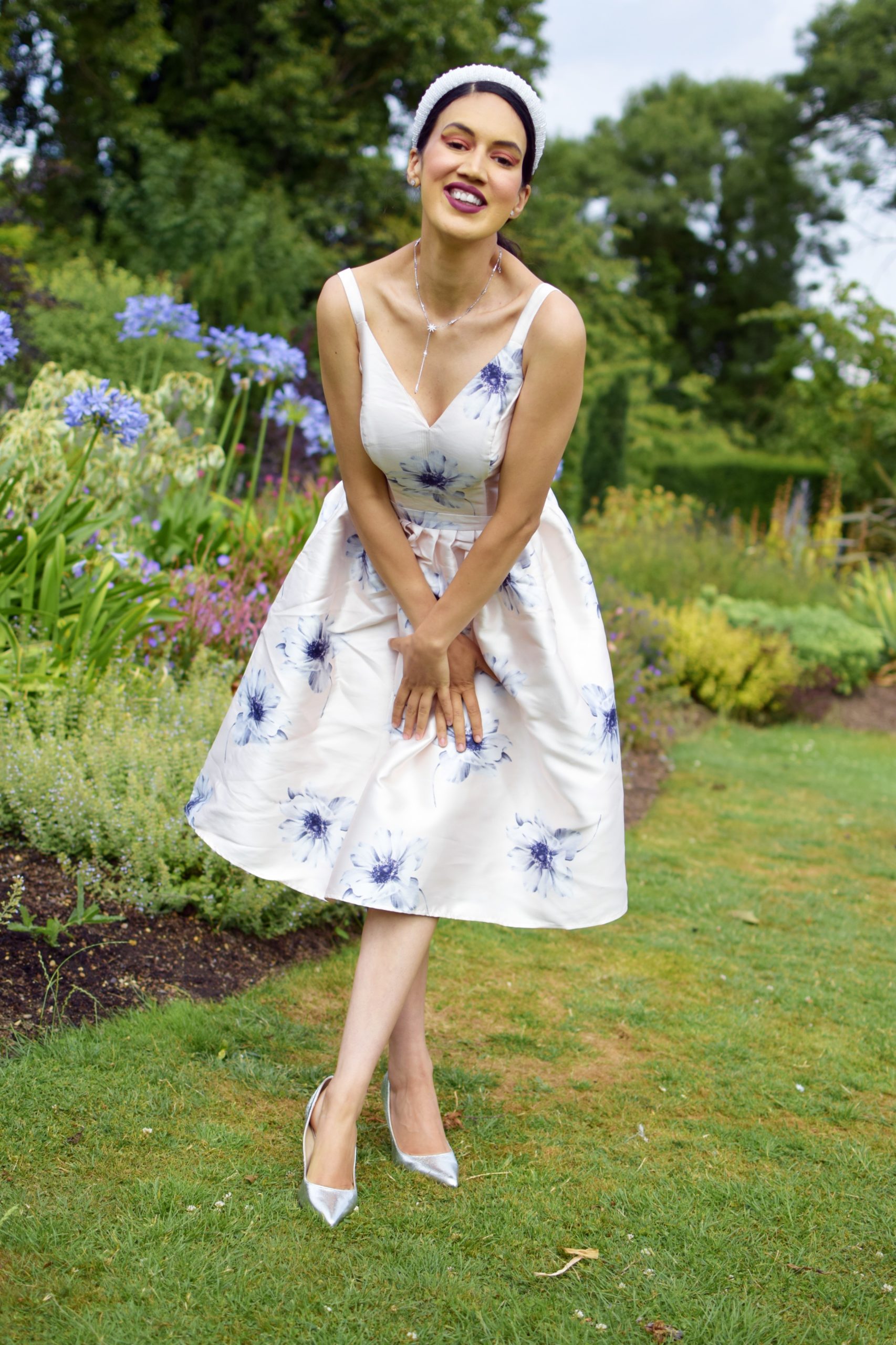
Making ethically sound choices is easier said than done however. Many luxury jewellery brands claim to be sustainable, but the terms ‘sustainability’, ‘ethical jeweller’ and ‘eco-friendly’ is often used as a sales ploy. Some brands are guilty of greenwashing consumers, who believe they are ethical, and cruelty-free. So how do you know which brands to buy from or not? After all, COVID-19 saw the rise of keywords like sustainable fashion, recycled and upcyled spike in searches. It’s only natural that brands would be seeking to capitalize on this, but just how trustworthy are their claims? In 2021, the International Consumer Protection and Enforcement Network investigated almost 500 websites making product sustainability claims, and the results were shocking. In 42% of cases the claims were exaggerated, false or deceptive.
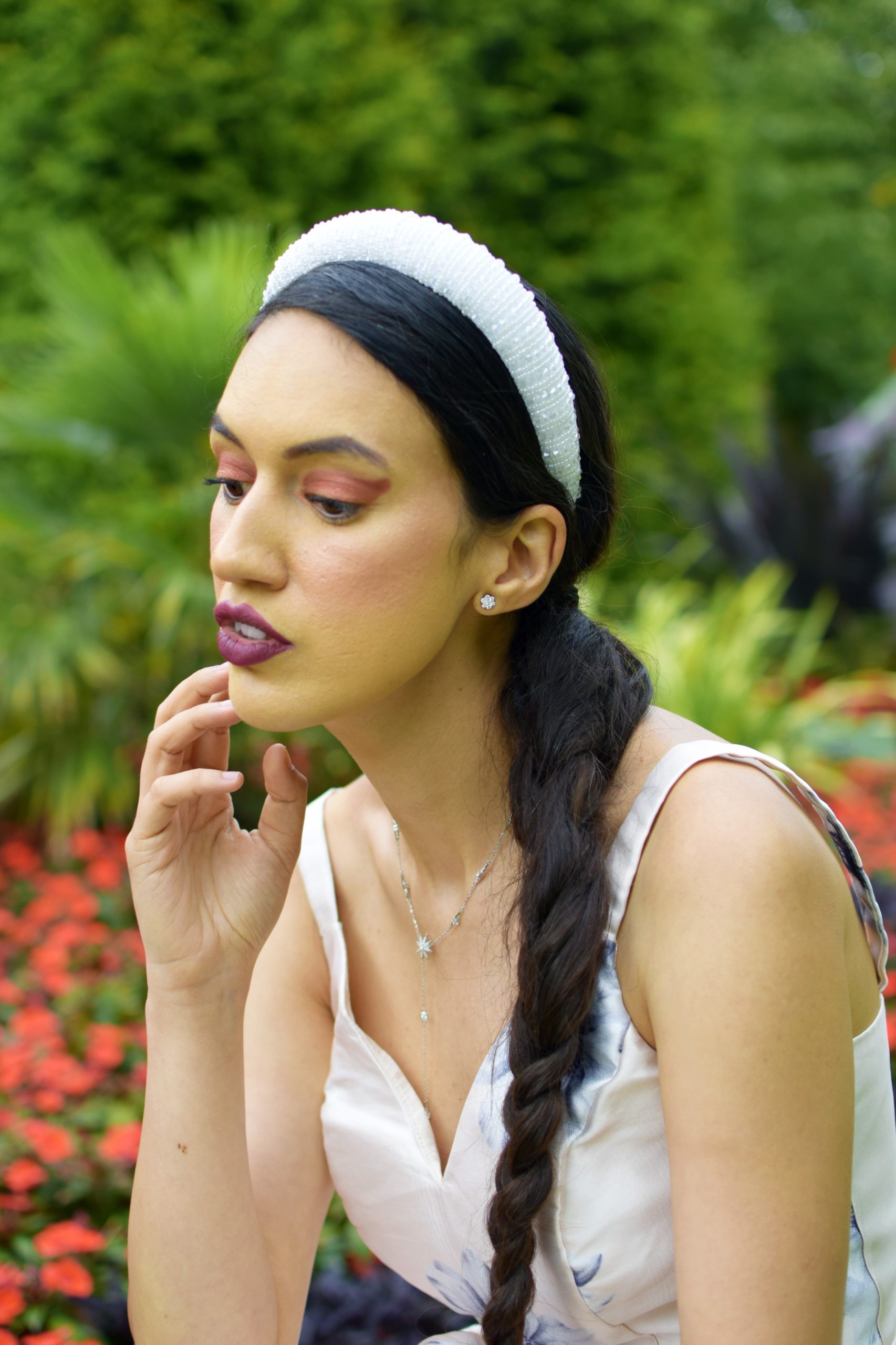
Considering our ‘need and want’ for healthier, more sustainable choices, it leaves consumers in the dark. As someone who is relatively new to sustainability, it can seem like a maze to navigate. I am making mistakes everyday, but that’s ok. As long as I (and others), are taking actionable steps to make a difference, that is what matters. So, with the growing demand for ethical jewellery, how do we stop the market from becoming saturated with exploitative knock offs. The Responsible Jewellery Council (RJC) might have the answer. Aiming to create a sustainable supply chain, it seeks to support, educate, and and prepare members in an ever-changing landscape. After all, a third of luxury jewellery sales come from companies that are RJC members, with combined annual sales of $66.8 billion.
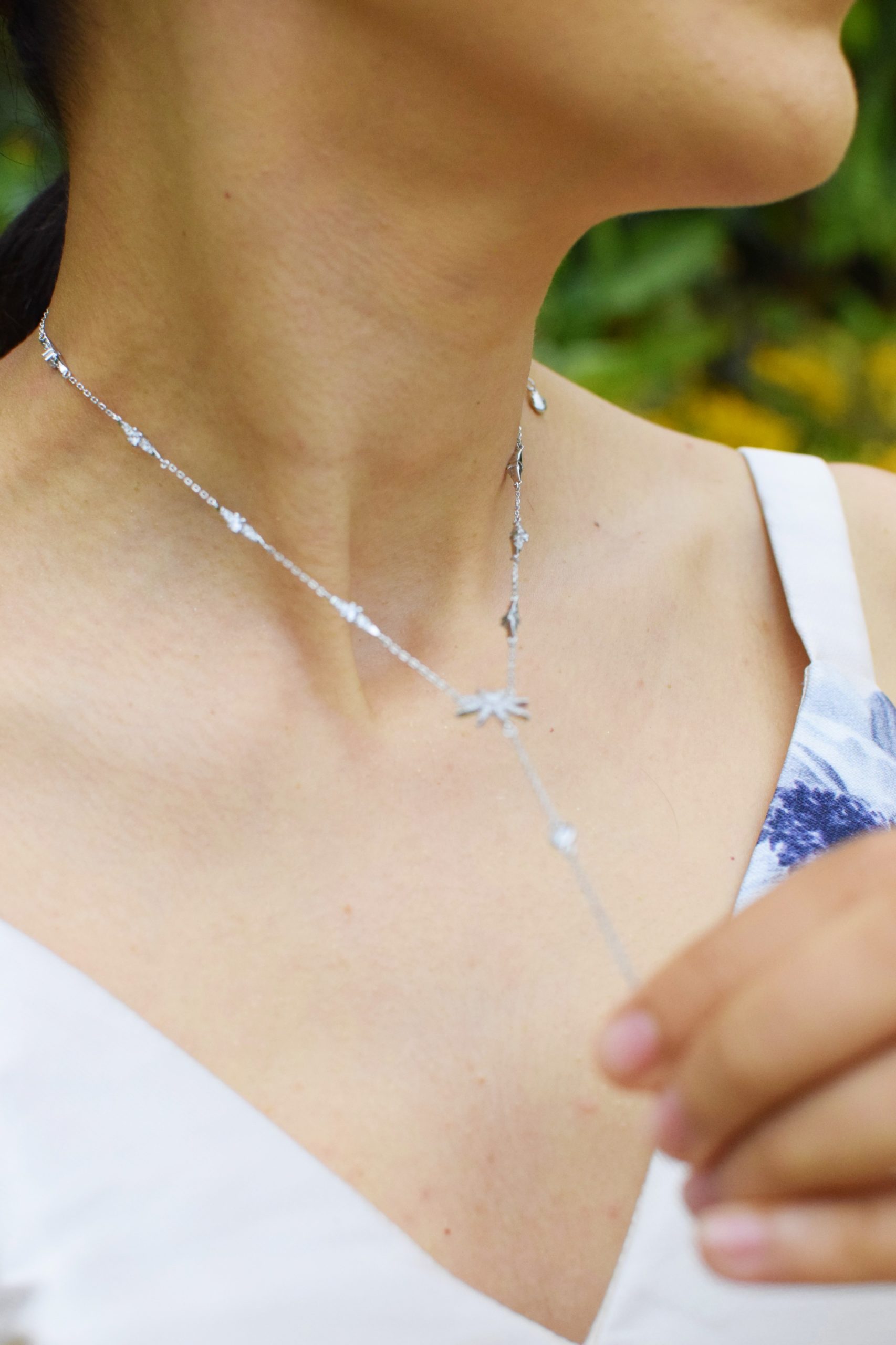
Which is why I am choosing to partner with Carat London, an ethical jewellery brand who mines ‘gentle gemstones’, that are fairly made. Considering that fine jewellery quite literally relies on nature to create stunning necklaces, bracelets, rings, and earrings, it’s a concern that more brands don’t follow suit. Although they are not part of the RJC, the founders Scott and Heidi Thompson seek to democratise jewellery and lead the market in more sustainable alternatives to mined gemstones. They believe that fashion jewellery should be just as sustainable as luxury jewellery. Using high quality hand and machine cut Cubic Zirconia crystal, the results are breathtaking.

Not one to overclaim, their commitement to improve supply chain transparency, and sustainability is refreshing. But we as consumers need to do better, myself included. If we continue to support jewellers, who exploit their workers, the environment, and even animals, sustainability will never be at the forefront. If we push for ethical processes, we can positively shape the future of jewellery. Supporting sustainable, and cruelty-free brands like Carat London means that we are protecting the health and livelihoods of whole communities. Carat London, alongside its sister brand Gentle Diamonds, believes in the power of a more ethical gemstone, and diamond world.
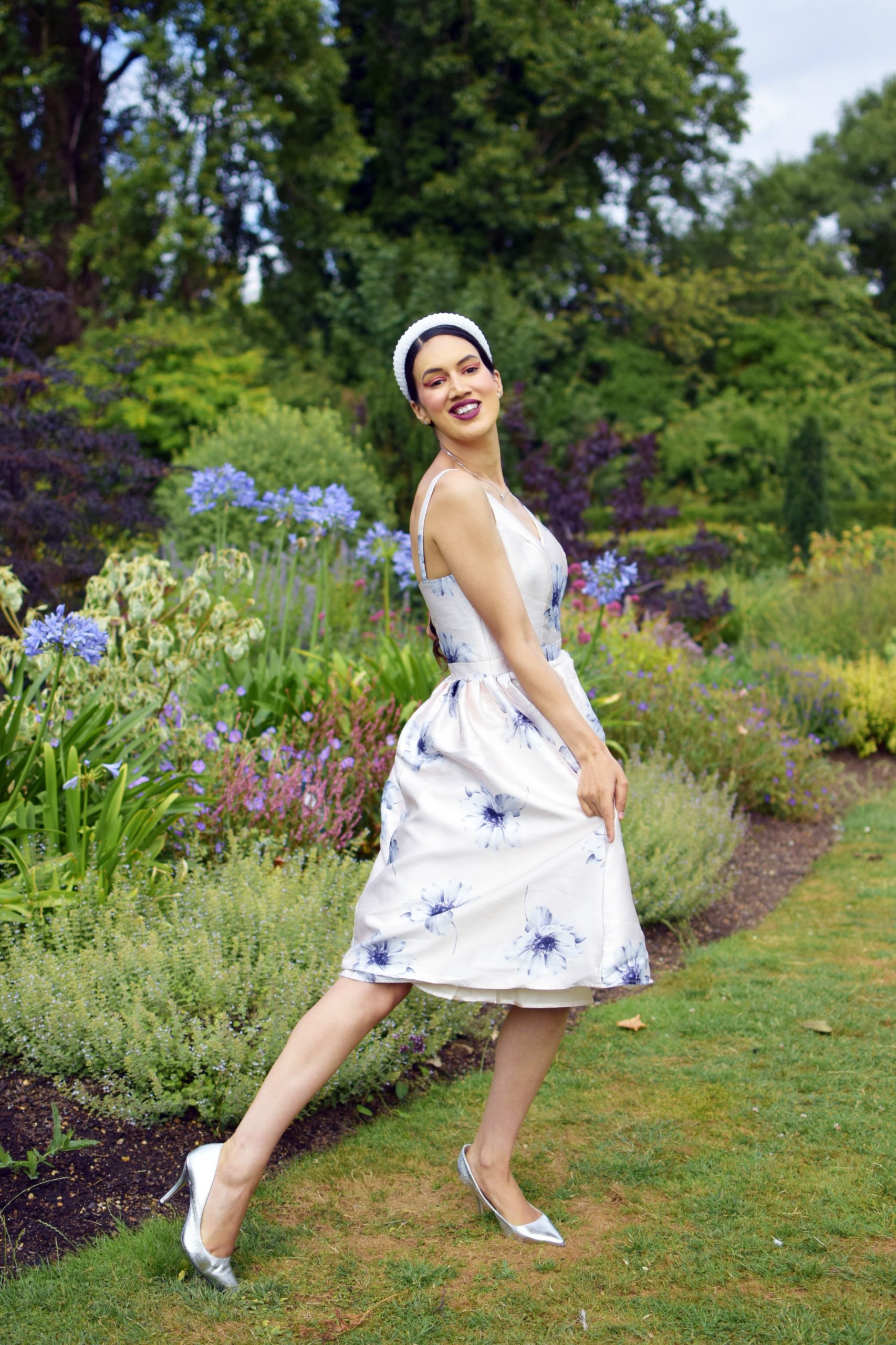
Their simple mission was to create fashion and fine jewellery, working exclusively with the finest alternatives to mined gemstones. As a consequence, they hope that the jewels would have a positive impact on a new, and old generation of jewellery lovers. Products like their sterling silver necklaces, are cut according to ideal proportions. By doing this they ensure they are some of the most beautiful lab created gemstones in the world. They are conflict-free gemstones, that are chemically, physically, and optically identical to earth-mined stones. Earth mined stones are likely to pass through many hands, from miner to cutter, before it lands in the hands of the jeweller. At Carat London however, what you see, is what you get.
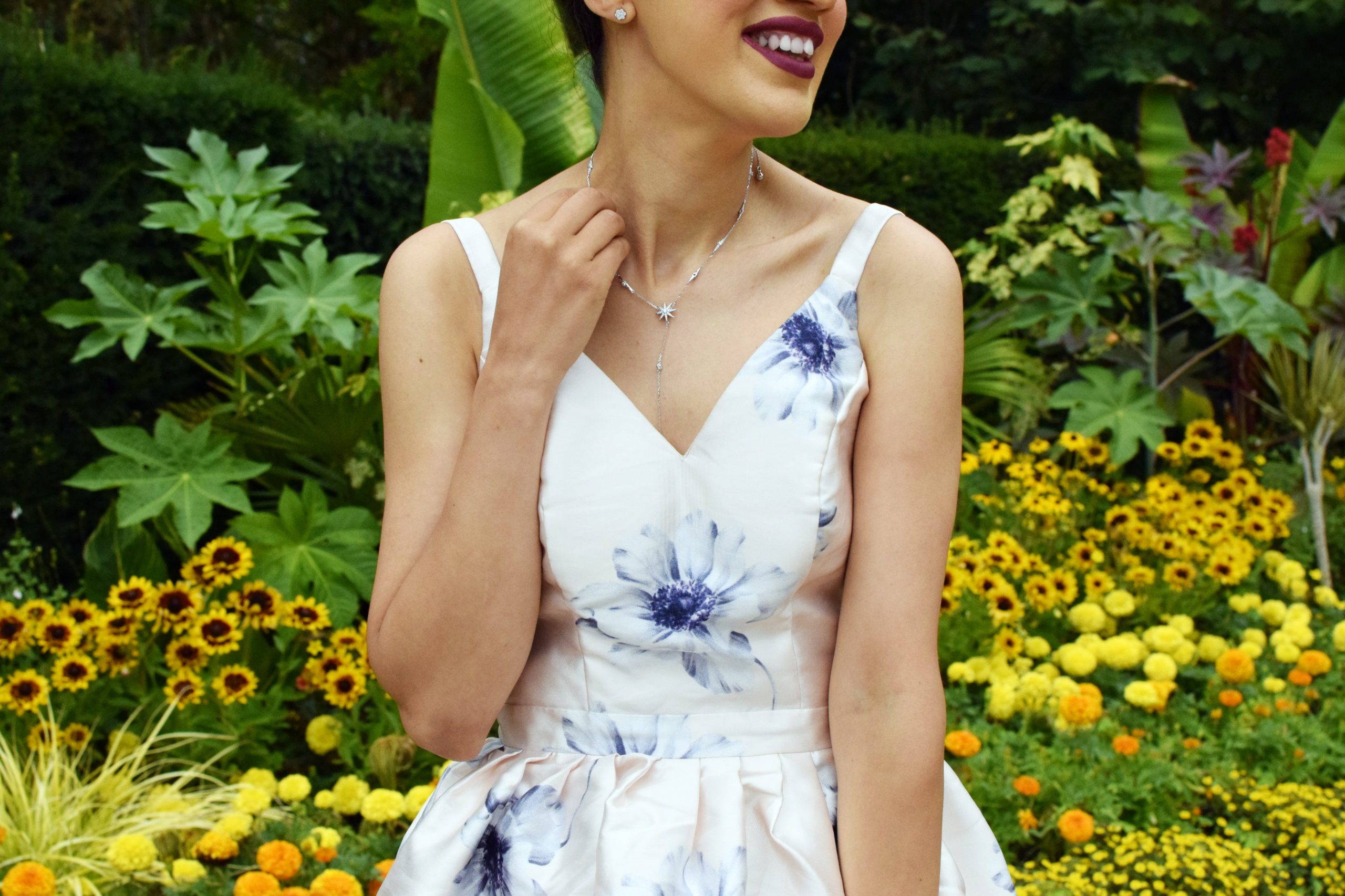
True, the jewellery industry is never going to be 100% sustainable. Just like the sustainable fashion market, it can become oversaturated, with overconsumption, and supply chain concerns. Coupled with additional concerns for environmental, and social welfare, the industries ethical issues won’t disappear overnight. Yet, having brands that are willing to make a difference, is a great start. It is important to support jewellers who respect their workers, the environment, and are honest about what they do. What’s more, they aren’t just sustainable, but they are passionate about supporting patrons of the arts. Since 2011 CARAT* has been a committed donor to the British Academy of Film and Television Arts, a nonprofit foundation that supports the growth of film and television arts.
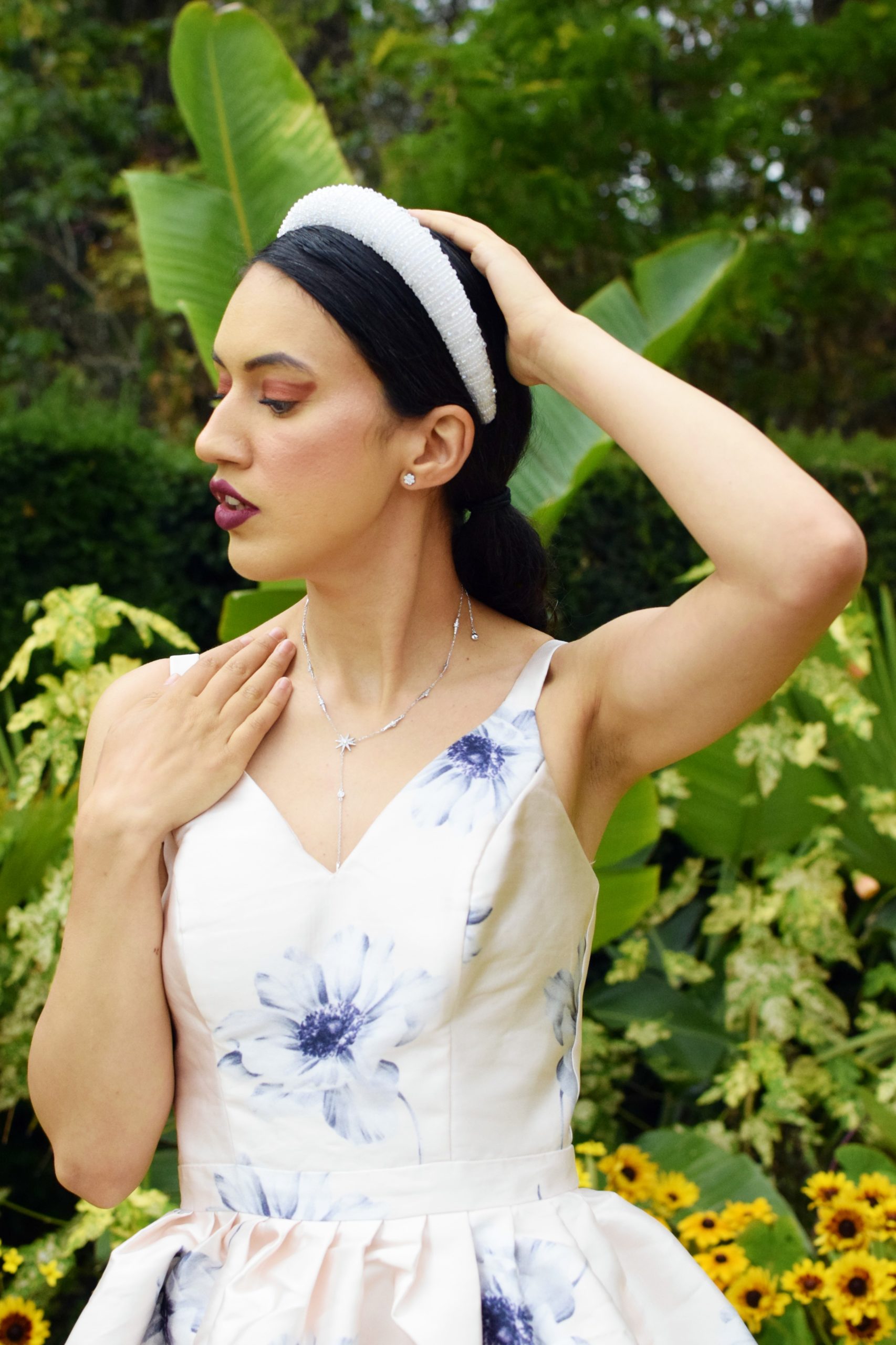
With a strong celebrity following, and exposure in TV shows like season one of Gossip Girl, Carat is putting sustainable jewellery exactly where it needs to be. Sold in stores like Selfridges & Co, Carat has been worn by like-minded individuals like Lucy Watson, Emma Willis, Lady Gaga and Pixie Lott. Impressive as Carat’s celebrity acolades may be, does the jewellery live up the hype? The answer is a resounding yes.
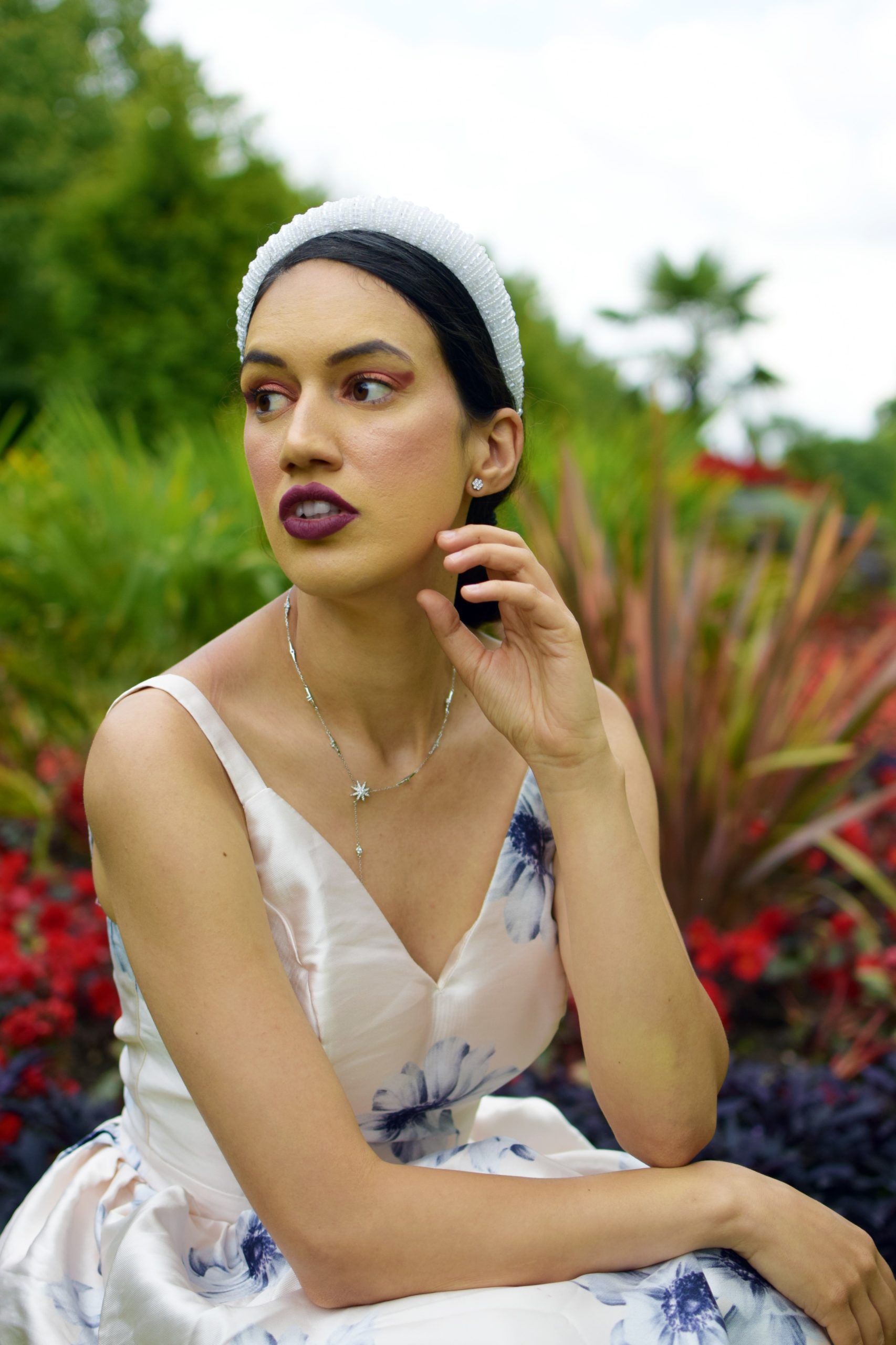
The Mimosa Necklace in Sterling Silver (pictured), is hauntingly ethereal. Featured in the Stella collection, it is minimalist yet eye-catching. Inspired by bright starry nights, this lariat necklace features their signature Stella star motif with micro-set stones. With a white gold finish, the ethical necklace adds a touch of whimsy to a princess-core aesthetic, without cruelty. It’s a conflict-free, cruelty-free, and socially aware necklace that is exceptionally elegant. Wear with a tailored vegan friendly suit for a ‘work power look’. For casual day wear, you can dress it down with a light summer playsuit, and playful studs. Or if you want to channel your inner socially conscientious Princess, a ballgown, courts, and a tiara is a classic silhouette.
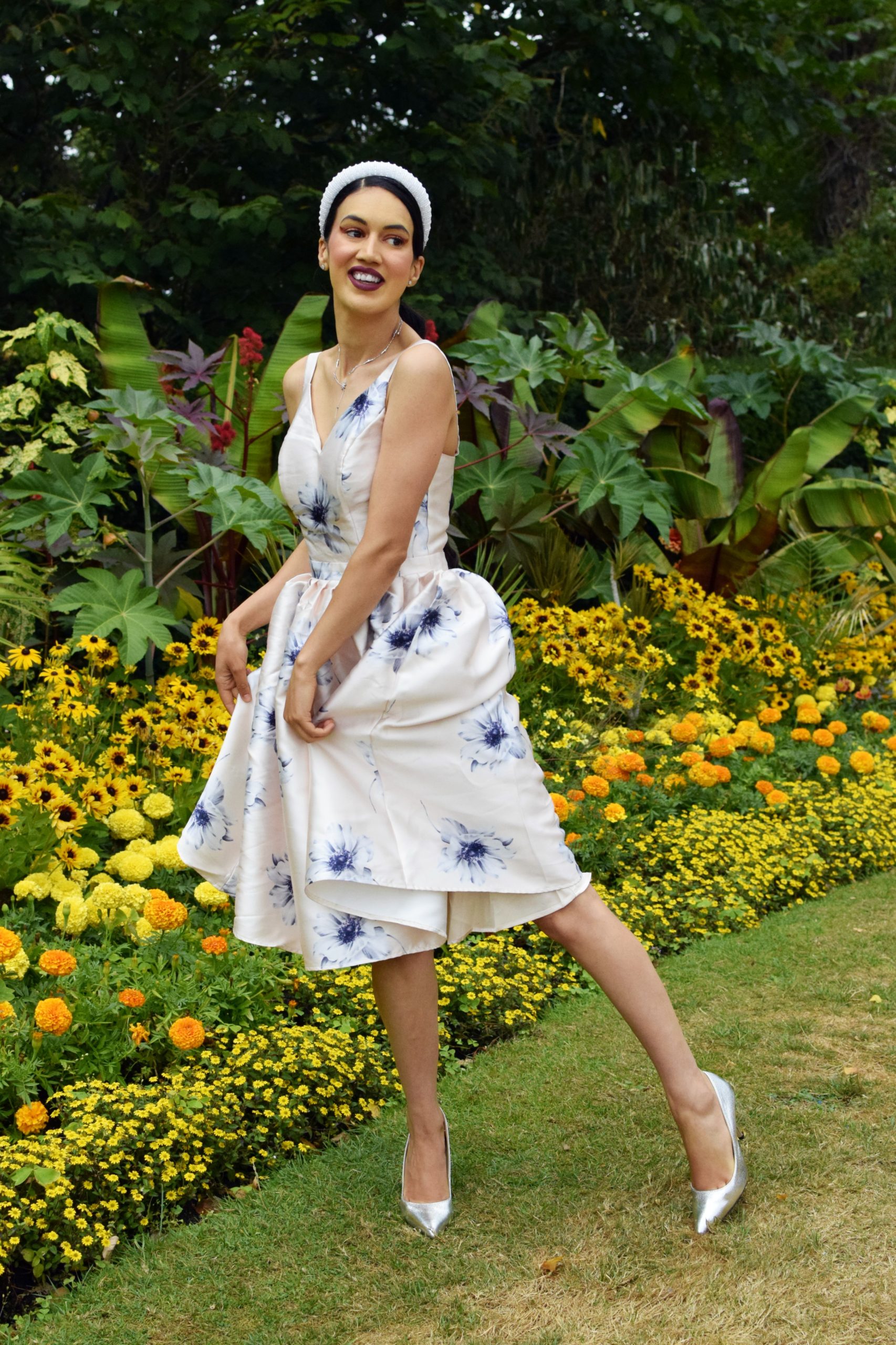
As someone whose style treads the line between ‘rainbow goddess’, ‘whimsical princess’ and ‘mermaid affecinado’, my love for the planet, and its animals knows no bounds. I don’t wear or use animal materials, and i’m working on my relationship with sustainability too. Sure, I do buy from fast fashion brands. That much I admit. But what I do well, is shop consciously. I thrift often, donate clothing to friends, family, charity shops, and textile farms, and I wear clothes over, and over. I don’t wear animal materials, and I am trying to educate myself on more conscientious brands. So working with Carat London was a big deal for me. I not only found out what ‘sustainability in the jewellery industry’ meant, but I discovered other ethical brands along the way.
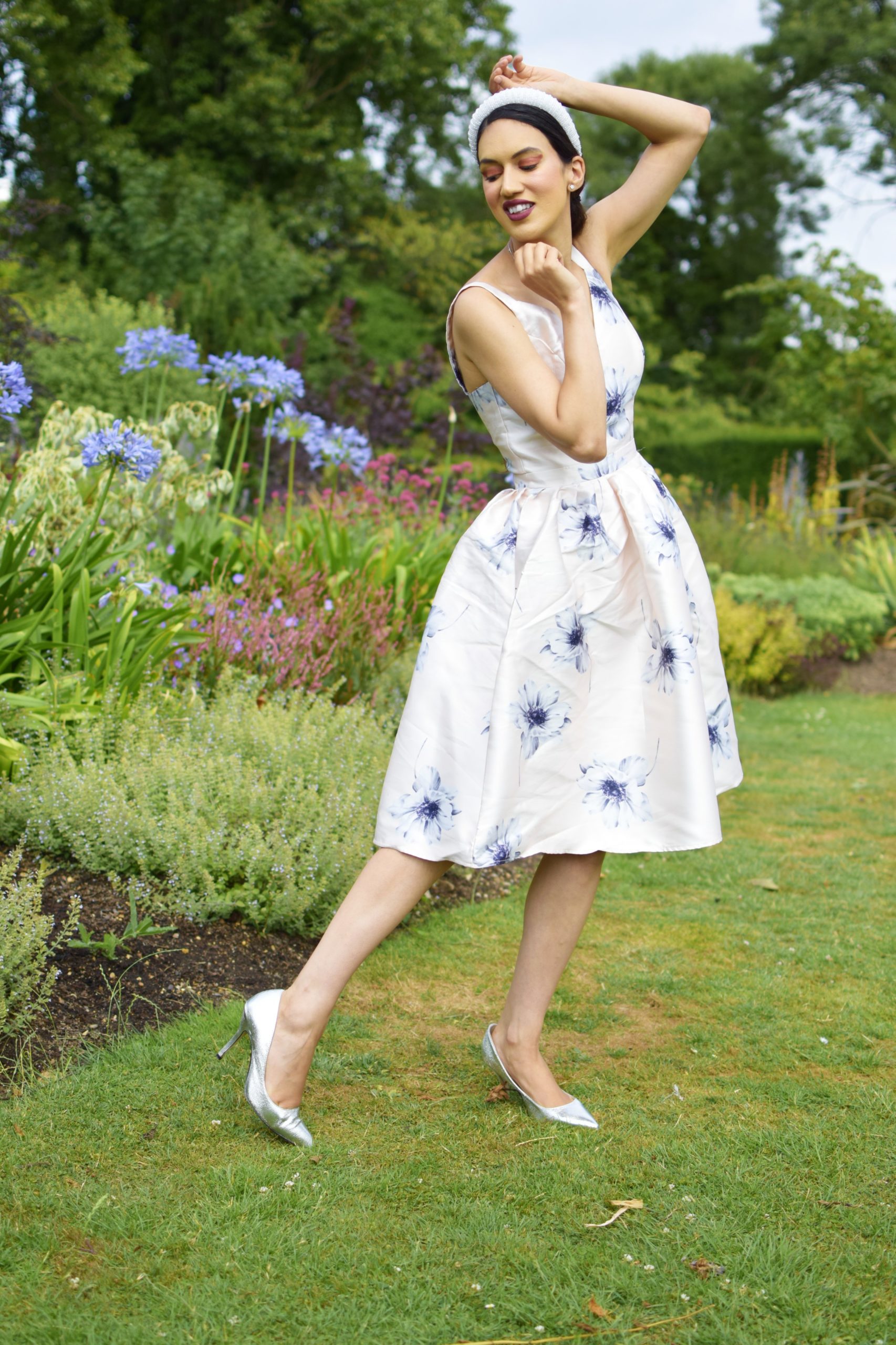
I am never going to be 100% perfect, or claim that I am sustainable. Because I am not. I am cruelty-free, a vegetarian, and someone who cares about animals, humans, and the planet. I do my best to do my research on the brands that I buy from, and make informed choices. Most of all I care about being a better shopper, to create a kinder world for all. When we support ethical brands, we help create a sustainable shopping infastructure. Post-pandemic the consumer cares much more about values and sustainable practices and ethics than they did even two or three years ago.

According to Alexander Thiel (a partner in the Zurich office of McKinsey), millenials in particular care about a brand’s sustainability credentials. If a brand dosen’t have a ‘sustainability agenda’ then it just won’t be viable. The sustainability surge is apparent. But why do consumers like myself care about ethical jewellery. I can’t speak for everyone, but from a personal point of view, I want to create positive change.
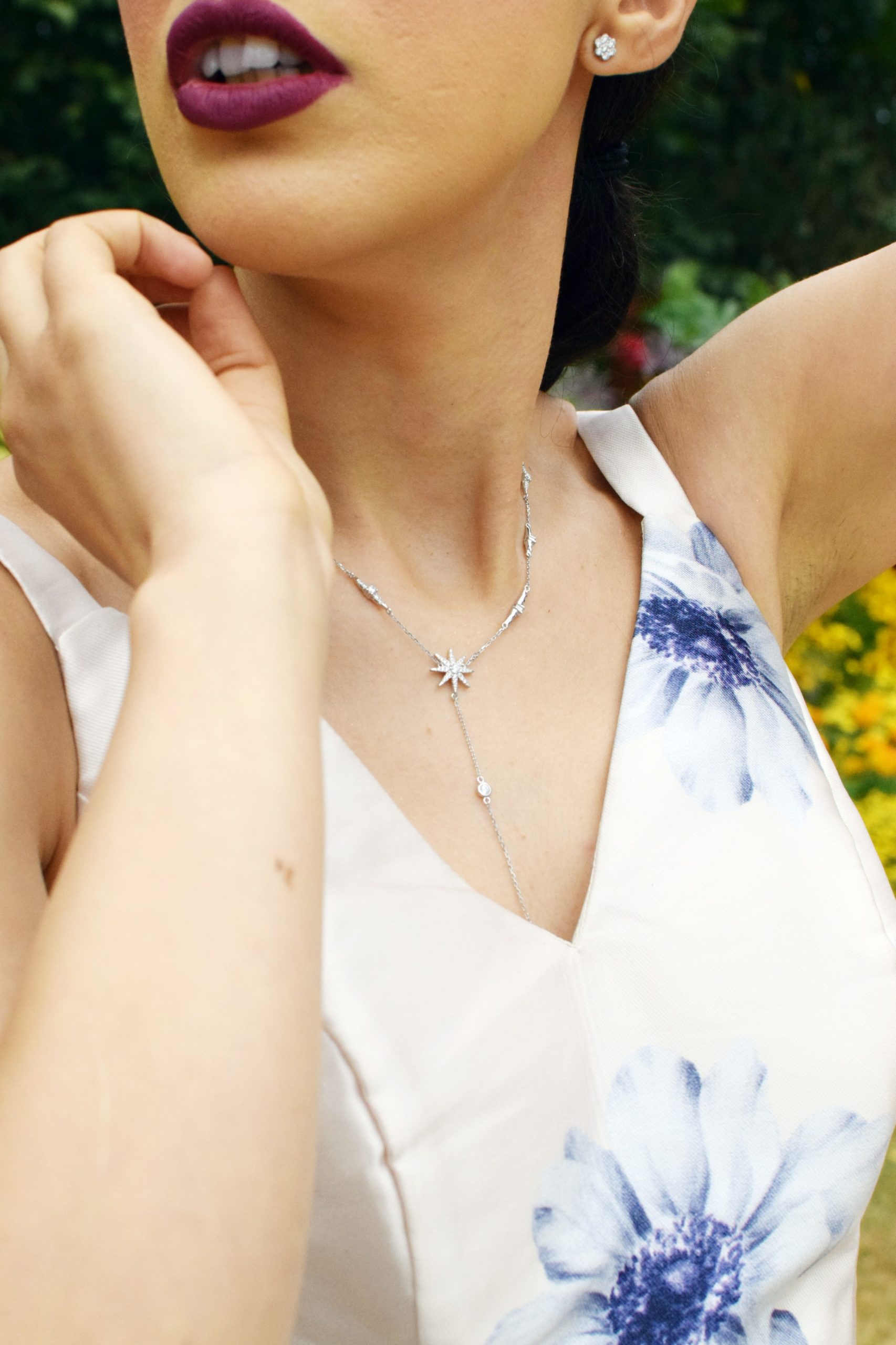
The problem with the jewellery industry is that there has been a history of child labour, worker exploitation, and a risk to the environment. In 2015, the Daily Mail reported that children as young as 11 were working alongside adults in the ‘blood diamond trade in the Central African Republic. In 2018 HRW analysed the sourcing of gold and diamonds in 13 leading jewellery houses, including Cartier, Harry Winston, Bulgari and Tiffany & Co. The report found that most of the companies did not have full traceability of gold and diamonds and had not sufficiently assessed human rights risks. As if this wasn’t horrific enough, the negative impact on the environment can range from leakage of harmful chemicals into the water supply, to erosion of land.
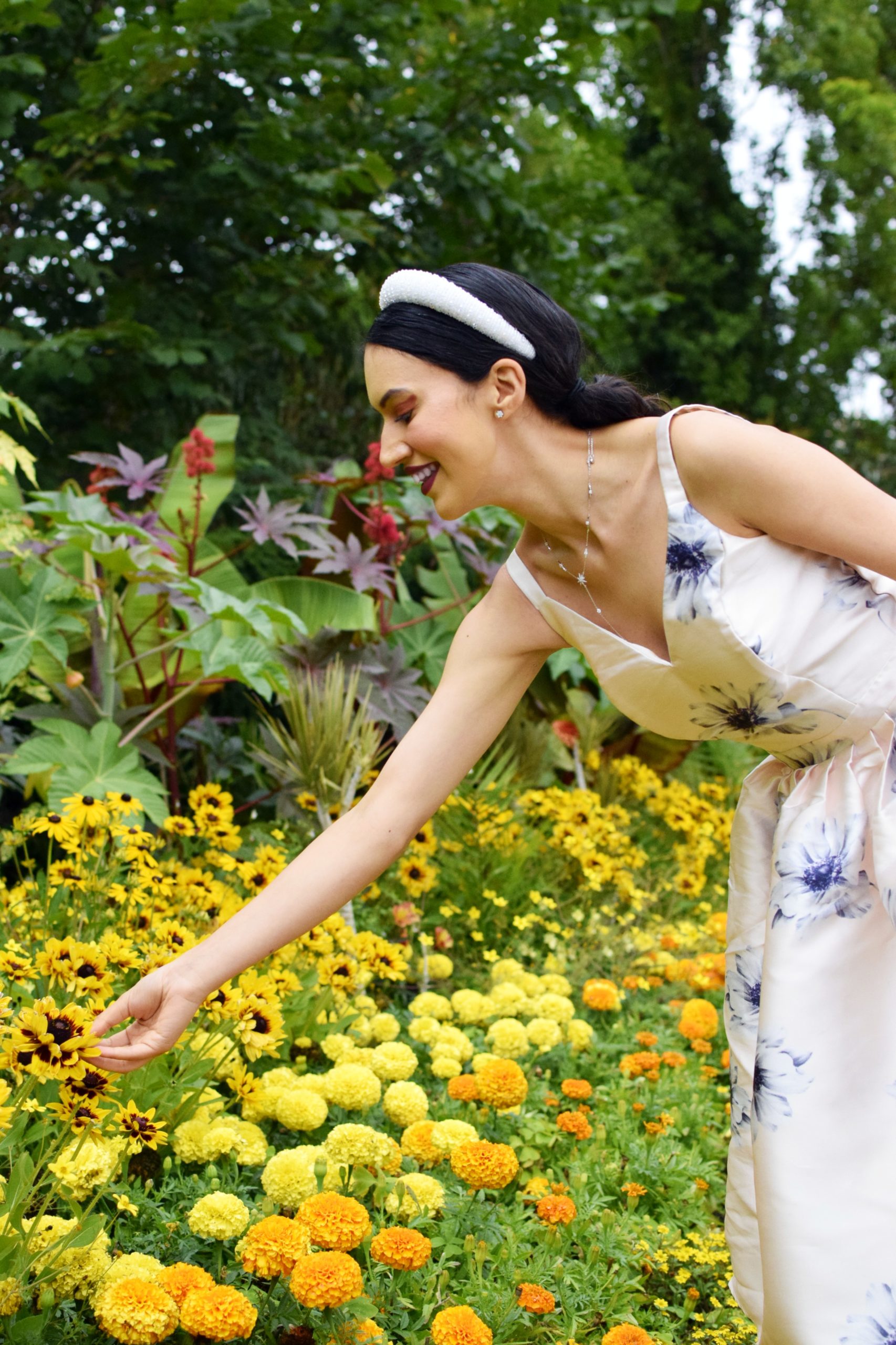
All of these ethical issues combined makes for a harrowing read. I don’t know about you, but I don’t want to support a brand who willingly allows labour, exploitation, an environmental destruction to happen. Its time we took a stand, and partner with brands that share our beliefs. At Carat, their gemstones are mined gently, in a lab where they can monitor growing conditions clearly. Lab grown gemstones are ethical because they are clean, and conflict-free. It’s true that gemstones do use energy, and chemicals derived from the earth, but the carbon footprint of gemstone growth is far lower than it would be if it was mined. However, some brands do mine their gemstones ethically through fairtrade processes.
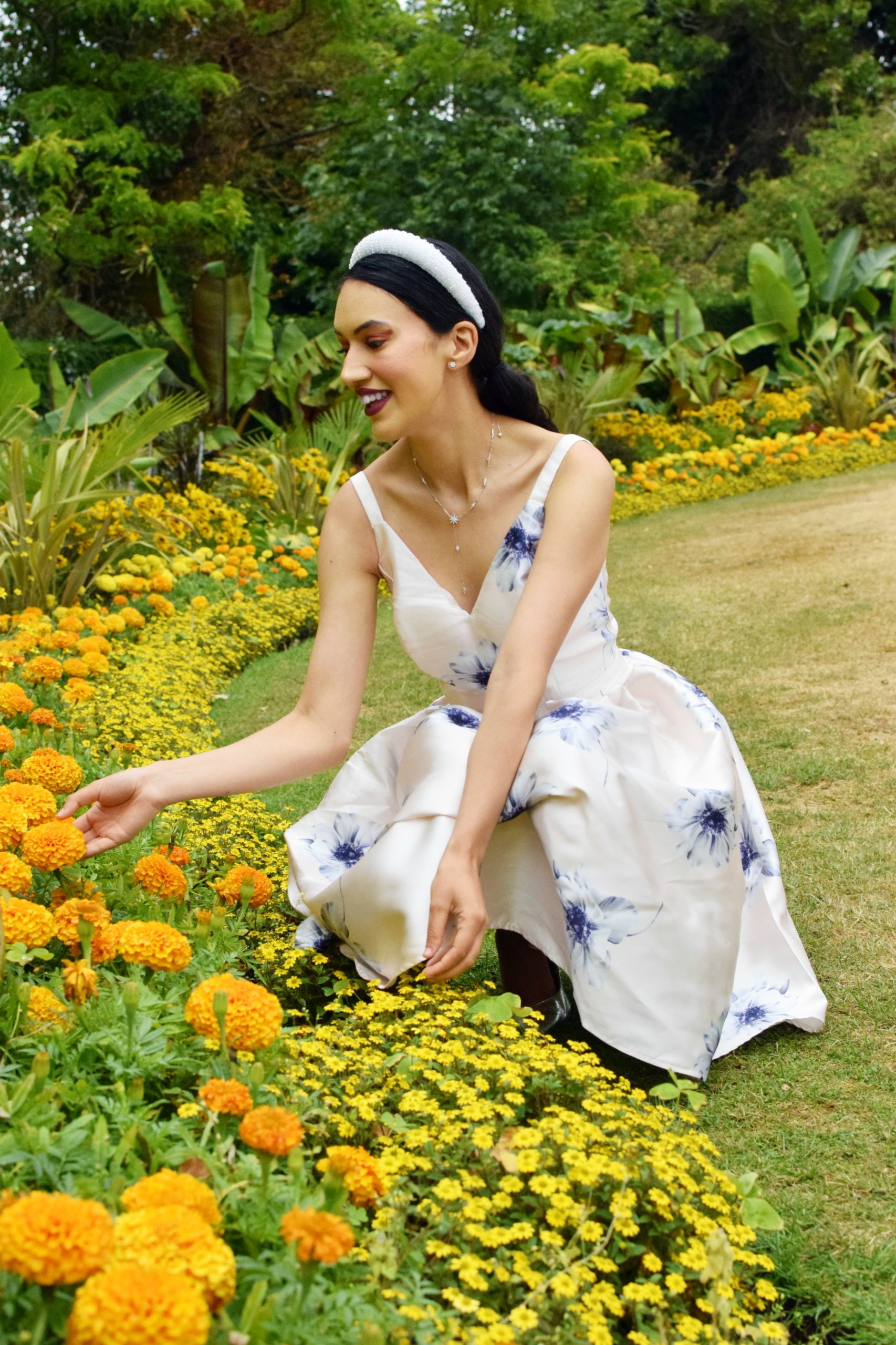
The future of sustainability in the jewellery industry is hard to predict, but it’s an exciting one. Brands like Carat London are paving the way for a new humane jewellery infrastructure where transparency is key. From eco-silver to recycled gold, there will be a focus on upcycled materials, which have a limited impact on the environment. More brands will follow Carat’s way of thinking and carefully curate gentle gemstones and diamonds that have a reduced impact on the environment. Moreover consumers will have a better understanding of ‘greenwashing’ in the industry, and be able to spot the ‘real ones’ from the fakes. And I don’t mean fake jewellery. I am talking about the authentically ethical brands that truly want to make a difference, as opposed to those who are just trying to make a quick buck. You see, we are not naive.
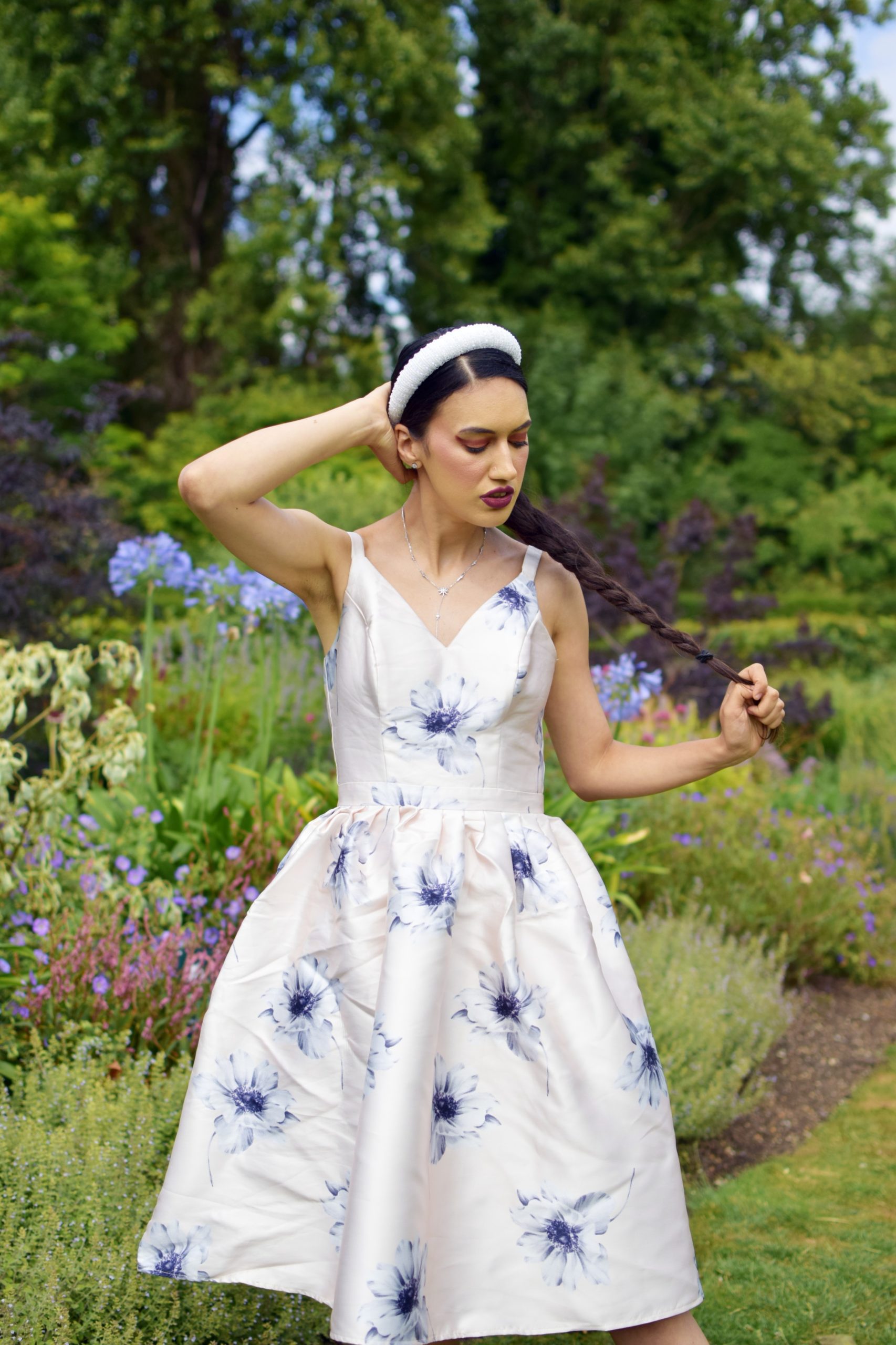
In fact, we are more socially aware than ever before. From buying vintage jewellery, to thrifting, wearing lab-grown gem stones, and gentle diamonds, the future of jewellery is kinder. Will you join the revolution today?
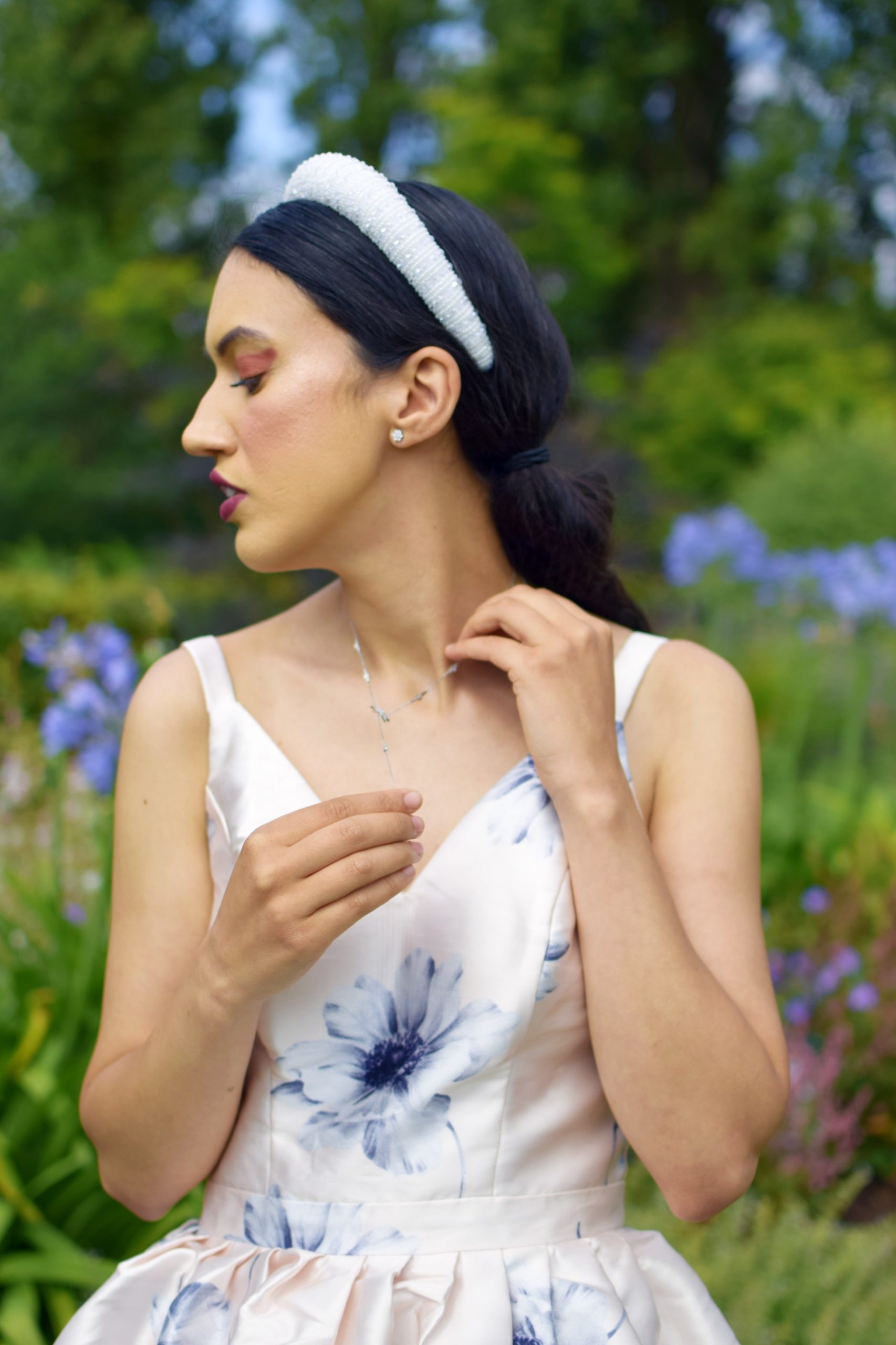
What Are Your Thoughts On Sustainable Jewellery Like Carat London?
*Disclaimer
Please note this is a sponsored post but all thoughts are my own, and are not affected by monetary compensation. I am passionate about supporting ethical brands who share the same ethics and values and ethics as I do.
Leave a Reply